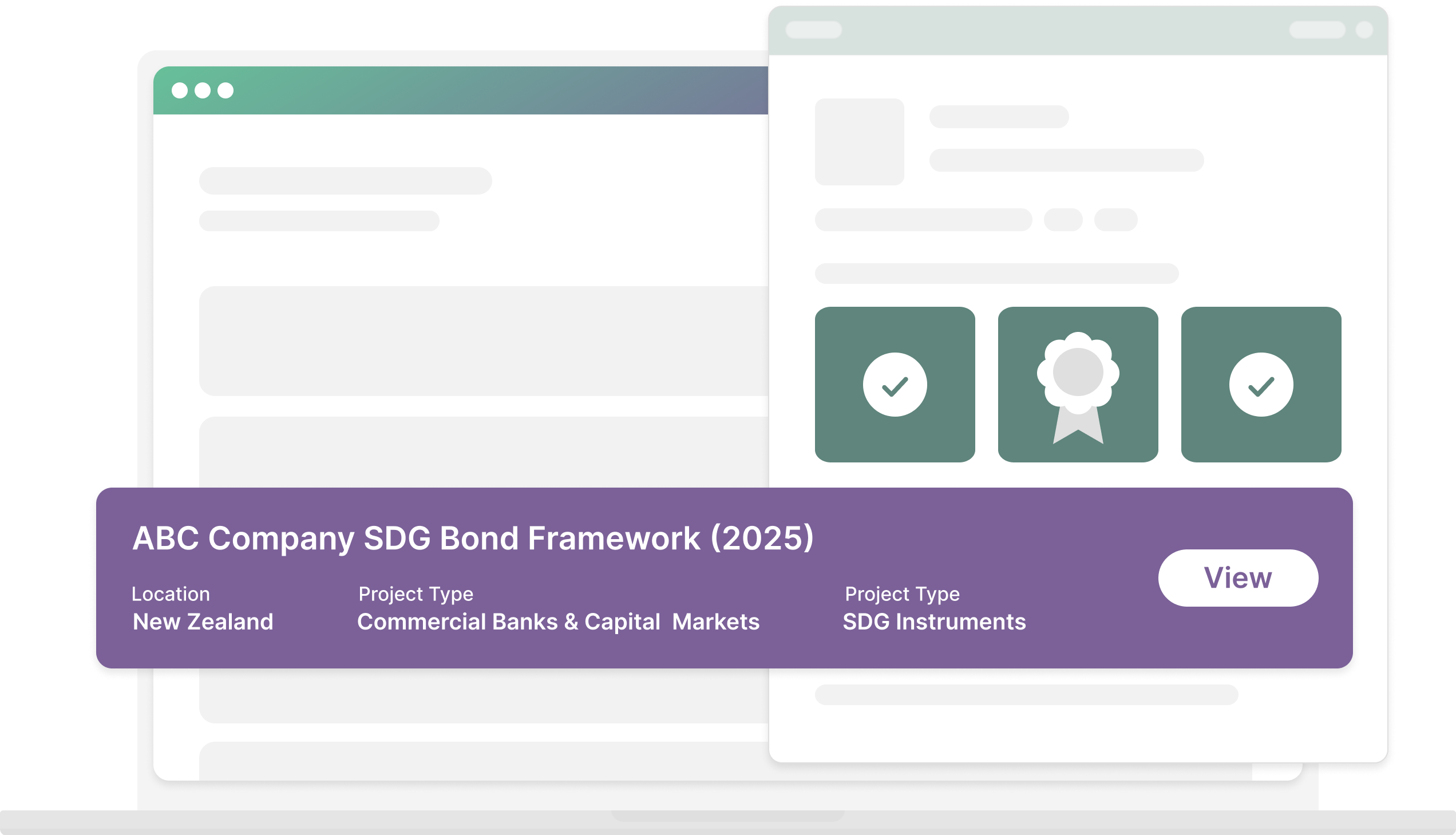Navigating the UAE’s New Climate Change Law: Implications for Local Businesses

The UAE has enacted Federal Decree-Law No. (11) of 2024 on the Reduction of the Effects of Climate Change – a significant development under which all public and private sector entities, including those in Free Zones, are now legally obligated to address climate considerations.
This legislation, which went into effect on May 30, 2025, aims to manage emissions within the UAE to ensure effective contribution to international efforts for mitigating climate change and achieving climate neutrality. Furthermore, it seeks to strengthen the capacity of various sectors and society as a whole to adapt to the impacts of climate change, while also supporting innovation, data sharing, and aligning climate action with sustainable development and economic diversification plans.
Read on for key takeaways from the new law – including what it mandates and the implications and opportunities, both pragmatic and strategic, for local businesses now having to comply.
Key Elements of the Law
- The legislation introduces new climate-related requirements for all public and private sector entities, including those in Free Zones:
Measurement, Reporting, and Verification: Businesses must now regularly measure emissions, compile inventories, and submit reports using standards set by the Ministry of Climate Change and Environment (MOCCAE). - Emissions Reduction Commitments: The Cabinet will set annual emissions reduction targets for sectors such as energy, infrastructure, and waste management. These are reviewed periodically to ensure alignment with the UAE’s climate neutrality pathway.
- Risk Assessments: Sector-specific adaptation plans, covering climate risk assessments, response measures, identification of early warning systems, and implementation plans, will be rolled out by the competent authority in coordination with MOCCAE.
- National Register for Carbon Credits: Following Cabinet Resolution No. (67) of 2024, MOCCAE will establish a National Register for Carbon Credits, which will facilitate carbon offsetting and trading. Entities emitting 0.5 million metric tons or more of CO2 equivalent annually (Scope 1 and 2) must register, while others can participate voluntarily.
MOCCAE will oversee implementation, supported by local authorities and sector regulators.
Implications for Local Businesses
Compliance: Businesses will need to assess their operations against the legal framework. This includes calculating and disclosing Scope 1, 2, and 3 emissions, aligning with industry-specific mitigation pathways, and adopting reporting standards consistent with UAE and international best practices.
Operational and Financial Risks: Non-compliance carries potential financial risks, with fines ranging from AED 50,000 to AED 2,000,000. Further consequences may include reputational damage or exclusion from procurement and financing opportunities. Investors and international partners are likely to increase scrutiny of UAE-based entities in response to this law.
Strategic Window for Competitive Advantage: While non-compliance carries risks, organizations who are quick to act may see strategic benefits. Early adopters of the new law may benefit from green finance mechanisms and climate-linked investment capital. Early adoption may also lead to enhanced ESG ratings, helping companies build stronger stakeholder trust and, ultimately, increased business resilience.
Common Challenges: Despite the strategic benefits of early adoption, many organizations encounter recurring barriers in data collection, reporting processes, and evolving regulatory compliance that may limit progress. Addressing these potential issues is essential to ensure that compliance efforts translate into measurable performance and long-term business value:
- Data inconsistencies across Scope 1 (direct), Scope 2 (indirect), and Scope 3 (value chain) emissions make accurate measurement difficult.
- Manual reporting processes are time-consuming, error-prone, and not scalable for evolving demands.
- Evolving regulatory compliance and new reporting standards
- Lack of access to data analytics and actionable insights impairs the ability to turn data into effective sustainability decisions.
Becoming climate fit
Meeting the UAE climate law’s expectations requires more than reporting—it demands integrated governance, strong data infrastructure, and forward-looking strategy. Strategies that companies should prioritize for long-term climate resilience include:
- Climate governance at the board and executive level.
- Materiality assessments to identify key risks and opportunities
- Digitized ESG data systems for consistent, auditable tracking and analysis.
- Partnership with sustainability and climate experts that can support the unique sustainability journey of a business.
Companies that invest in these foundations will be better equipped to respond to scrutiny, satisfy stakeholders, and adapt to future policy shifts.
The UAE’s climate law is a clear signal that environmental performance is now central to corporate accountability. For businesses, this is a call to act – early, strategically, and confidently. With the right tools and guidance, the path to compliance can also become a path to opportunity.
How Nature Bonds Shape the Future of Sustainable Finance & Biodiversity
South Africa’s Green Finance Taxonomy: A Roadmap for Sustainable Growth
January 2026 | Sustainable Finance Market Highlights
EU Green Bond Standard Sees Strong 2025 Momentum
ISS-Corporate Leads Reviews as EU GBS Gains Traction
Financing Climate Change Adaptation: Turning Risk into Resilience
October 2025 | Sustainable Finance Market Highlights
July 2025 | Sustainable Finance Market Highlights
Navigating the UAE’s New Climate Change Law: Implications for Local Businesses
May 2025 | Sustainable Finance Market Highlights

